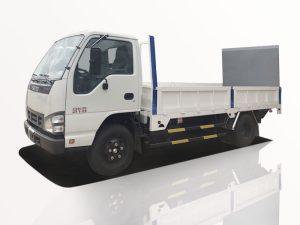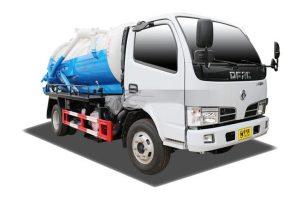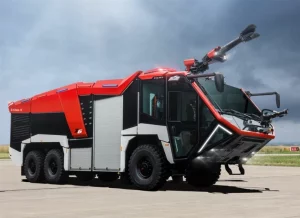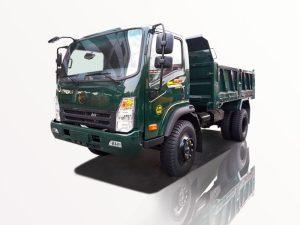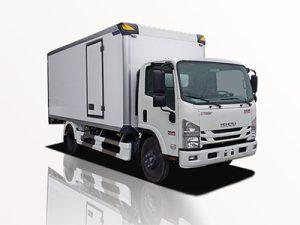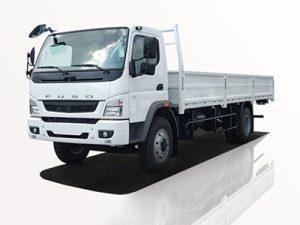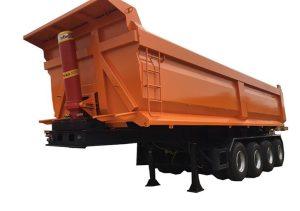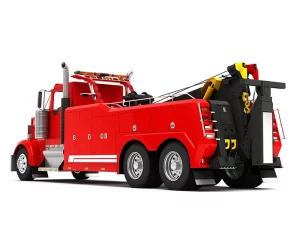Monday to Saturday - 8:00 -17:30
Water Truck Supplier: Your Comprehensive Guide to Choosing the Right Service
In today’s world, water is an essential resource for various industries, from construction to agriculture. With an increasing requirement for efficient water distribution, the role of a reliable water truck supplier has become crucial. This guide will discuss everything you need to know about selecting the right water truck supplier, the types of trucks available, their applications, and factors to consider when making a choice.
What is a Water Truck?
A water truck is a specialized vehicle designed to transport and distribute water for various applications. These trucks come equipped with tanks, pumps, and hoses to deliver water effectively. The capacity of water trucks can range from a few hundred gallons to several thousand, making them versatile for different needs.
Why Do You Need a Water Truck Supplier?
Whether you need water for construction sites, agricultural purposes, or landscaping, working with a reliable water truck supplier offers several benefits:
- Access to High-Quality Equipment
- Expert Guidance on Best Practices
- Prompt Delivery Services
- Cost Efficiency Over DIY Solutions
- Regulatory Compliance
Types of Water Trucks
1. Standard Water Trucks
Standard water trucks are designed for general water transport and distribution. They usually have a tank capacity of 1,500 to 5,000 gallons and can be used in various applications, such as construction sites, dust control, and road cleaning.
2. Water Tank Trailers
Water tank trailers are larger, towable units ideal for agricultural purposes or remote site use. They can carry larger volumes of water and are often used for irrigation.
3. Portable Water Tanks
Portable water tanks are smaller containers that can be used for temporary water storage. They are ideal for events or in areas where a standard water truck may not fit.
4. Fire Water Trucks
These specialized trucks are equipped to provide water for firefighting purposes. They usually have additional features, such as pumps and hoses, to efficiently discharge water in emergencies.
Applications of Water Trucks
Construction Industry
The construction industry frequently requires water trucks for various purposes, including:
- Dust control to ensure safety and visibility
- Soil compaction for creating stable foundations
- Concrete mixing for construction projects
Agricultural Use
Water trucks are vital in agriculture for tasks such as:
- Irrigation of crops
- Filling tanks for livestock
- Fertigation processes
Municipal Water Distribution
In many cities, water trucks help supply potable water in areas lacking access to a municipal system. They also play a role in:
- Watering parks and public spaces
- Cleaning streets and public properties
Emergency Services
During emergencies such as fires or natural disasters, water trucks provide essential support by supplying large volumes of water quickly.
Factors to Consider When Choosing a Water Truck Supplier
1. Experience and Reputation
Select a supplier with proven experience and a solid reputation in the industry. Research online reviews and ask for referrals from colleagues or other businesses.
2. Fleet Variety
Ensure the supplier offers a wide range of water trucks suitable for your needs. A diverse fleet means you’ll have more options for specific applications.
3. Licensing and Compliance
Verify that the supplier and their vehicles comply with local regulations and licensing requirements. This compliance is critical for safety and legal reasons.
4. Pricing Structure
Compare pricing among different suppliers but focus on value rather than just costs. Look for additional services included in the pricing, such as delivery and equipment maintenance.
5. Customer Support
Evaluate the supplier’s customer support structure. They should be readily available to address questions, concerns, and potential issues.
6. Delivery and Service Options
Consider how quickly the supplier can deliver services and whether they offer additional support, such as on-site assistance. Quick response time can be crucial, especially in emergencies.
Buying vs. Renting Water Trucks
| Factor | Buying | Renting |
|---|---|---|
| Initial Cost | High | Low |
| Maintenance Responsibility | Owner | Supplier |
| Flexibility | Low | High |
| Usage Frequency | High | Occasional |
| Depreciation | Yes | No |
Practical Tips for Working with Water Truck Suppliers
1. Clearly Define Your Needs
Before contacting suppliers, have a clear understanding of your water needs, including the volume required, duration of use, and specific application (e.g., construction or agriculture).
2. Ask for Quotes from Multiple Suppliers
Getting quotes from several suppliers will give you a better idea of pricing and service options in your area. Ensure each quote includes similar services for accurate comparisons.
3. Discuss Delivery Timelines
Clarify how quickly the supplier can deliver the water truck to your site. This can be especially important for urgent projects or emergencies.
4. Utilize Contracts Wisely
Always use written contracts that outline the terms of service, pricing, delivery times, and responsibilities on both sides. This protects you from potential disputes.
5. Regularly Communicate with Your Supplier
Maintain regular communication with your supplier during your project’s duration. Keeping them updated on any changes or needs will help them service you better.
Frequently Asked Questions
1. What size water truck do I need for my project?
The size of the water truck you need depends on your project’s requirements. Small projects may need trucks with a capacity of 1,500 to 2,500 gallons, while larger projects might require trucks holding up to 5,000 gallons or more.
2. How much does it cost to rent a water truck?
Rental costs can vary based on location, size, and length of rental. Generally, prices range from $200 to $1,000 per day. Always ask for a detailed quote.
3. Can I use water trucks for drinking water supply?
Yes, but ensure that the supplier is providing potable water and the truck is equipped for such purposes. Always verify compliance with local health regulations.
4. Do water truck suppliers offer delivery services?
Most water truck suppliers provide delivery services but verify with them beforehand. Discuss any additional fees related to delivery and setup.
5. What maintenance is required for water trucks?
Regular maintenance includes checking fluid levels, inspecting hoses and tanks for leaks, and ensuring pumps are functioning correctly. Most suppliers will handle maintenance for rental trucks.
6. How do I know if my water supplier is reliable?
Look for reviews, testimonials, and industry referrals. A reliable supplier should also provide excellent customer support and transparent pricing.


